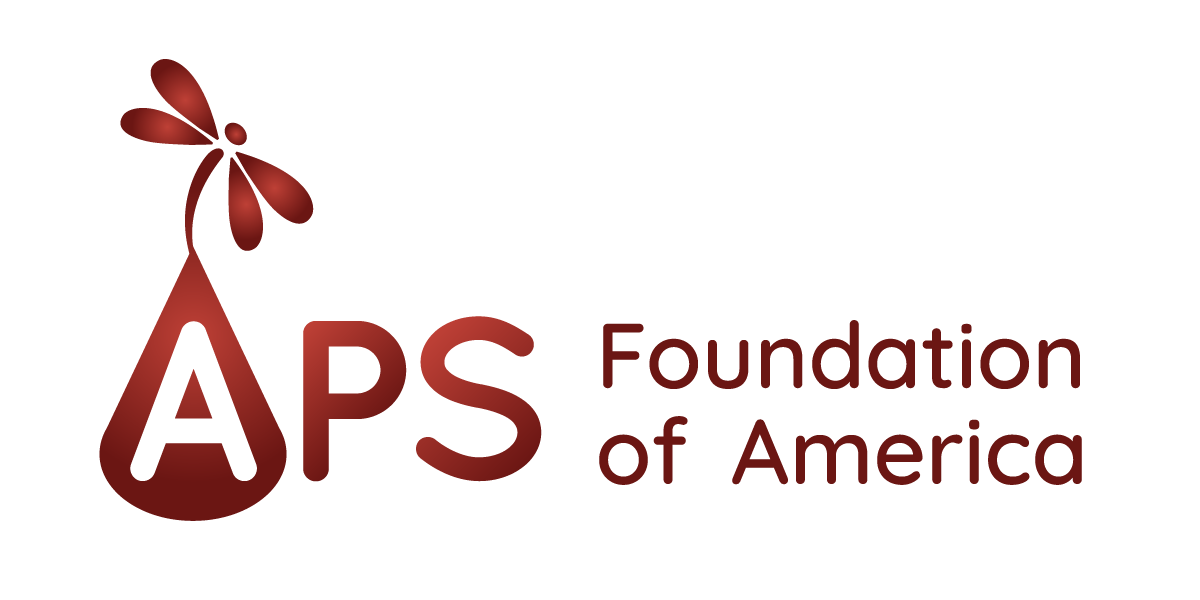
Recurrent stroke is frequent; about 25 percent of people who recover from their first stroke will have another stroke within 5 years.
- What You Need to Know about Stroke – Stroke publication education booklet
- Transient Ischemic Attack Information Page – Transient Ischemic Attack (TIA) information sheet compiled by the National Institute of Neurological Disorders and Stroke (NINDS).
- Stroke: Hope Through Research – An informational booklet about stroke compiled by the National Institute of Neurological Disorders and Stroke (NINDS).
- Stroke Scales and Related Information – Download free versions of NIH Stroke Scale and Related Information. Graphical and Text PDF available. More information for clinicians about acute stroke.
- Stroke Risk Factors and Symptoms – A short document describing stroke risk factors and symptoms.
- Stroke Rehabilitation Information – Stroke rehabilitation information, resources, and statistics. Discusses the effects of stroke, types of rehabilitation programs, and how to prevent another stroke.
- Stroke fact sheet available in multiple languages through MedlinePlus
- Rehabilitación Posterior al Ataque Cerebral
- Questions and Answers About Treating Arterial Stenosis and Preventing Stroke – Treatments of stenosis include medication and lifestyle changes. Surgery, such as carotid endarterectomy or placement of a stent, is recommended in some cases.
- Questions and Answers About Stroke – Strokes can be ischemic (blood vessel blockage) or hemorrhagic (brain bleeding). Read about symptoms, risk factors, and the need to act fast in case of a stroke.
- Questions and Answers About Carotid Endarterectomy – Carotid endarterectomy can prevent stroke in some patients. Diagnosis of carotid artery disease, blood vessel blockage, and stroke risk factors are discussed.
- Post-Stroke Rehabilitation Fact Sheet – Post-stroke rehabilitation fact sheet from the National Institute of Neurological Disorders and Stroke (NINDS)
- Neurological Diagnostic Tests and Procedures – Fact sheet on neurological diagnosis and testing, prepared by the National Institute of Neurological Disorders and Stroke (NINDS).
- Multi-Infarct Dementia Information Page – Multi-infarct dementia information sheet compiled by the National Institute of Neurological Disorders and Stroke (NINDS).
- Lo Que Necesita Saber Sobre Los Ataques Cerebrales
- Know Stroke, Know the Signs, Act in Time – Stroke public education booklet
- Conozca qué son los Ataques o Derrames Cerebrales. Conozca las señales.
- Cómo Prevenir un Accidente Cerebrovascular
- Brain Basics: Preventing Stroke – Brain Basics Series. Healthy living habits can prevent stroke. Read about the risk factors and warning signs of stroke. Includes charts to score your stroke risk.
- Apoplejía : Factores de Riesgo y Síntomas
- Accidente Cerebrovascular: Esperanza en la Investigación
- Order NINDS Publications
Patient Organizations
American Stroke Association: A Division of American Heart Association
Dallas, TX 75231-4596
strokeinfo@heart.org
www.strokeassociation.org
Tel: 888-4STROKE (478-7653)
Brain Aneurysm Foundation
Hanover, MA 02339
office@bafound.org
www.bafound.org
Tel: 781-826-5556
888-BRAIN02 (272-4602)
Child Neurology Foundation
Minneapolis, MN 55415
info@childneurologyfoundation.org
www.childneurologyfoundation.org
Tel: 612-928-6325
Children's Hemiplegia and Stroke Association (CHASA)
Suite 305
PMB 149
Arlington, TX 76016
info437@chasa.org
chasa.org
Tel: 817-492-4325
Fibromuscular Dysplasia Society of America (FMDSA)
Rocky River, OH 44116
admin@fmdsa.org
www.fmdsa.org
Tel: 216-834-2410
888-709-7089
Heart Rhythm Society
Suite 400
Washington, DC 20005
support@heartrhythmfoundation.org
www.hrsonline.org
Tel: 202-464-3454
Joe Niekro Foundation
Suite 200
San Diego, CA 92130-2035
info@joeniekrofoundation.com
www.joeniekrofoundation.com
Tel: 877-803-7650
National Aphasia Association
Scarsdale, NY 10583
naa@aphasia.org
www.aphasia.org
Tel: 212-267-2814
800-922-4NAA (4622)
National Stroke Association
Suite B
Centennial, CO 80112-3747
info@stroke.org
www.stroke.org
Tel: 303-649-9299
800-STROKES (787-6537)
YoungStroke, Inc.
Conway, SC 29528
info@youngstroke.org
www.youngstroke.org
Tel: 843-248-9019
843-655-2835
Disclaimer:
APS Foundation of America, Inc. is not intended to replace standard doctor-patient visits, physical examination, and medical testing. Information given to members is only an opinion. All information should be confirmed with your personal doctor. Always seek the advice of a trained physician in person before seeking any new treatment regarding your medical diagnosis or condition. Any information received from APS Foundation of America, Inc is not intended to diagnose, treat, or cure. This brochure is for informational purposes only.
If you think you may have a medical emergency, call your doctor or 911 immediately.
A team of people contributed to this publication. Where to find this information: http://www.ninds.nih.gov/disorders/stroke/stroke.htm
Prepared by:
Office of Communications and Public Liaison
National Institute of Neurological Disorders and Stroke
National Institutes of Health
Bethesda, MD 20892
NINDS health-related material is provided for information purposes only and does not necessarily represent endorsement by or an official position of the National Institute of Neurological Disorders and Stroke or any other Federal agency. Advice on the treatment or care of an individual patient should be obtained through consultation with a physician who has examined that patient or is familiar with that patient’s medical history.
All NINDS-prepared information is in the public domain and may be freely copied. Credit to the NINDS or the NIH is appreciated.
Our Mission

Founded in 2005, the APS Foundation of America, Inc. is dedicated to fostering and facilitating joint efforts in the areas of education, public awareness, research, and patient services for Antiphospholipid Syndrome (APS) in an effective and ethical manner.
Information Sheets
DISCLAIMER: The APS Foundation of America, Inc. website is not intended to replace standard doctor-patient visits, physical examination, and medical testing. Information given to members is only an opinion. All information should be confirmed with your doctor. Always seek a trained physician's advice before seeking any new treatment regarding your medical diagnosis or condition. Any information received from the APS Foundation of America, Inc. website is not intended to diagnose, treat, or cure. This site is for informational purposes only. Please note that we will list all donors' or purchasers' names on the donor page of our foundation site. If you do not want your name listed, please get in touch with us to opt-out. If you think you may have a medical emergency, call your doctor or 911 immediately.













